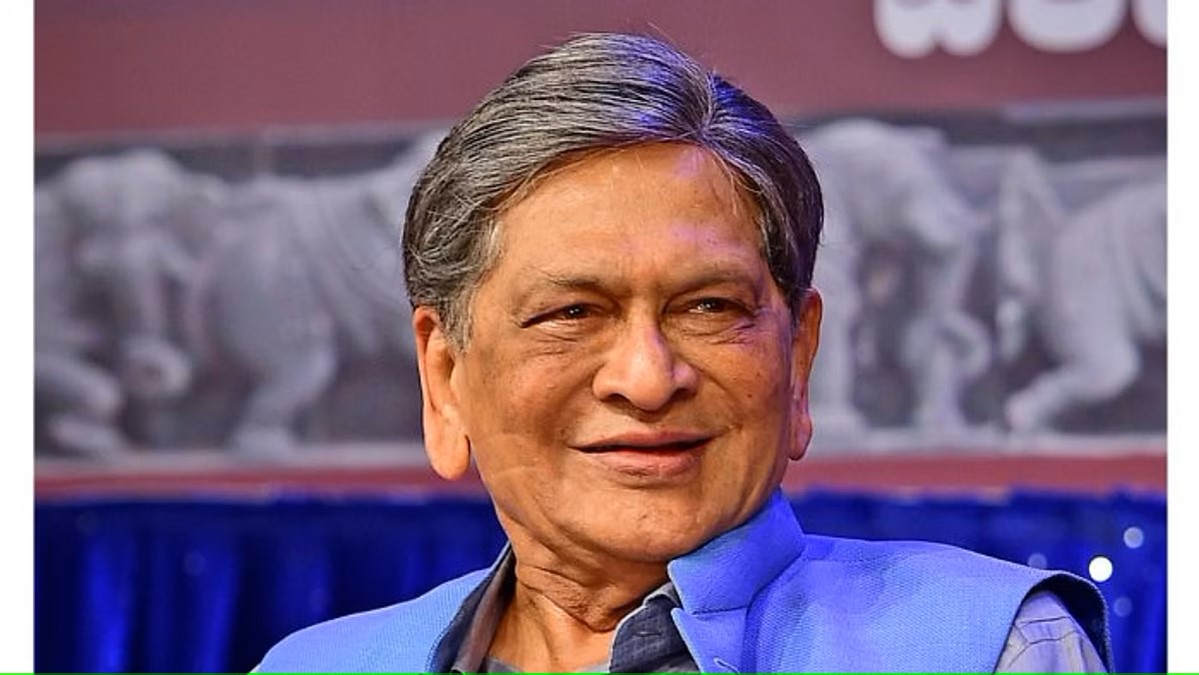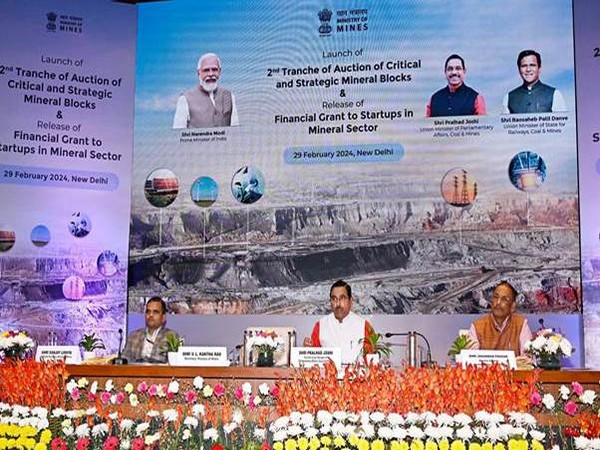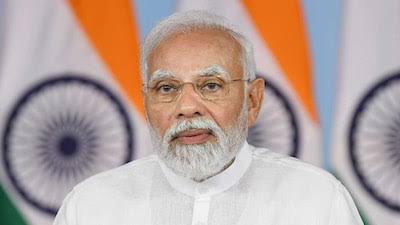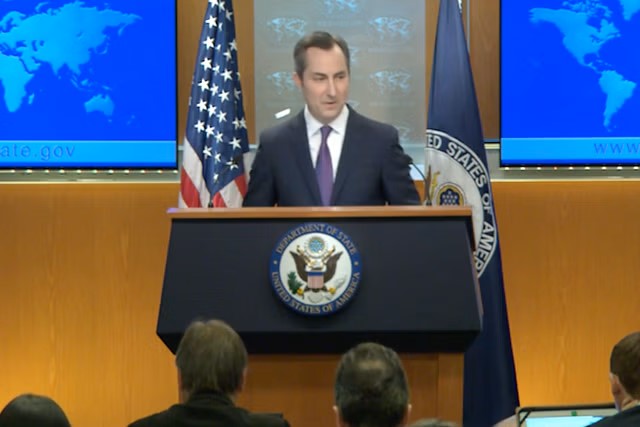S.M. Krishna, former External Affairs Minister and Karnataka Chief Minister, passed away on December 10, 2024, at the age of 92. The veteran leader, who had been in poor health for some time, died at his residence. Krishna’s family confirmed the news, and tributes have poured in from across the country, including political leaders, business figures, and the public.
 The Karnataka government has declared a three-day state mourning, and a holiday has been announced for government offices, schools, and colleges on December 11, in honor of Krishna. His cremation will take place in his native village in Mandya district with full state honours.
The Karnataka government has declared a three-day state mourning, and a holiday has been announced for government offices, schools, and colleges on December 11, in honor of Krishna. His cremation will take place in his native village in Mandya district with full state honours.
Krishna was a transformative leader in Karnataka, known for his pivotal role in shaping the state’s IT and BT sectors. As Chief Minister, he worked closely with business leaders to promote Bengaluru as a global hub for technology. His initiatives, including the creation of Vision Groups for IT and BT, helped establish Karnataka’s position as a leader in the tech industry. He also played a key role in the development of the state’s infrastructure, including projects like the Bangalore IT.com and the establishment of IIIT-B.
Many prominent leaders have expressed their condolences. President Droupadi Murmu, Prime Minister Narendra Modi, former Prime Minister H.D. Devegowda, and current Karnataka CM Siddaramaiah have all praised Krishna’s legacy. Modi described him as a “remarkable leader” who was committed to improving lives, while Murmu highlighted his contributions to the development of Karnataka.
Business leaders, including Kiran Mazumdar Shaw, Chairperson of Biocon, acknowledged Krishna’s efforts in modernizing the state’s economy and laying the foundation for the growth of the IT industry. Former Accenture India MD Avinash Vashistha remembered Krishna as a “visionary” who helped put India on the global map in the tech sector.
The loss of S.M. Krishna has been deeply felt by people across Karnataka and the nation. His leadership, vision, and contributions will continue to inspire future generations.




